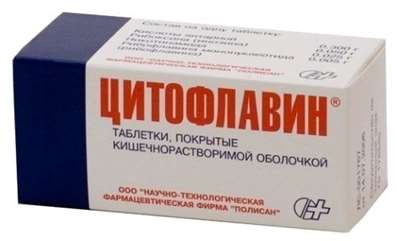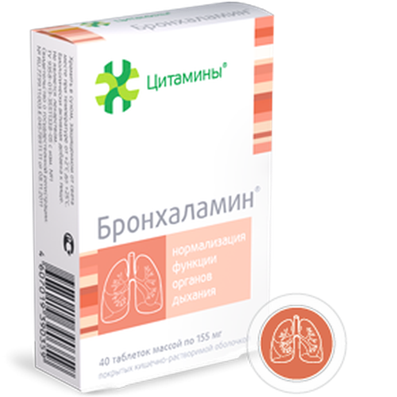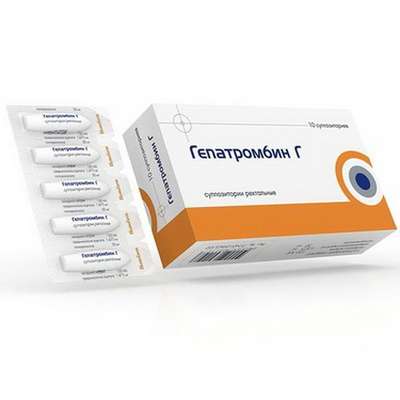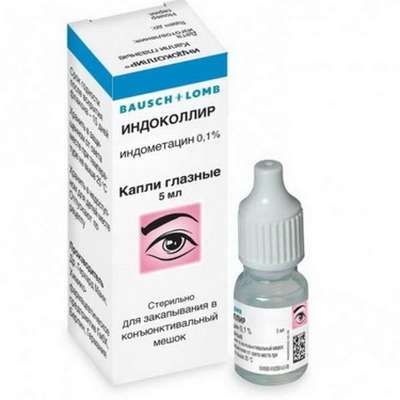Instruction for use: Benzoclidine
I want this, give me price
The Latin name of the substance Benzoclidine
Benzoclidinum (genus. Benzoclidini)
Chemical name
3-Benzoyloxyquinuclidine (as hydrochloride)
Gross Formula
C14H17NO2
Pharmacological group:
Anxiolytics
The nosological classification (ICD-10)
F07 Personality and behavioral disorders due to illness, brain damage or dysfunction: Fourier disease
F34.0 Cyclothemia
F41.2 Mixed anxiety and depressive disorder: Depression with anxiety-depressive components; Mixed anxiety-depressive conditions; Anxiety Depression; Anxious and depressing mood; Anxiety-depressive state; Anxious-depressive conditions; Anxiety-depressive syndrome; Anxious-Neurotic Conditions
F48.0 Neurasthenia: Asthenic form of neurasthenia; Asthenoneurotic disorder; Astheno-neurotic state; Flu of young workaholics; Influenza yuppie; Neurasthenic disorders; Neurasthenic conditions; Neurasthenic syndrome
F60 Specific personality disorders
G45 Transient transient cerebral ischemic attacks [attacks] and related syndromes: Ischemic neurological disorders; Acute cerebrovascular insufficiency; Repeated transient cerebral ischemia; Transient ischemic attack; Transient ischemic condition; Transient ischemic attack; Transient ischemic attack; transient ischemia; Transient cerebral ischemic attack; Transient cerebral ischemia; Transient ischemic attacks; Chronic cerebral ischemia; Drop attacks; Transient ischemic attacks; Transient ischemic cerebrovascular accident; Ischemic brain damage; Subclavian steal syndrome
G47.0 Disorders of falling asleep and maintaining sleep [insomnia]: Insomnia; Insomnia, especially difficulty falling asleep; desynchronosis; Prolonged sleep disturbance; Difficulty falling asleep; Short-term and transient insomnia; Short-term and chronic sleep disorders; Short or shallow sleep; Violation of sleep; Disturbed sleep, especially in the phase of falling asleep; Infringements sleep; sleep disturbances; Neurotic sleep disturbance; Shallow superficial sleep; shallow sleep; Poor quality of sleep; Night awakening; sleep Pathology; Postsomnic violation; transient insomnia; Trouble falling asleep; Early awakening; Early morning awakening; Early awakening; sleep disorder; somnipathy; persistent insomnia; difficult to fall asleep; difficulty falling asleep; Difficulty falling asleep in children; persistent insomnia; Worsening sleep; Chronic insomnia; Frequent night and / or early morning awakening; Frequent nocturnal awakening and a sense of the depth of the non-sleep; Night waking
I10 Essential (primary) hypertension: hypertension; Arterial hypertension; Arterial hypertension crisis course; Essential Hypertension; Essential hypertension; Essential hypertension; Essential hypertension; Essential hypertension; Primary hypertension; Arterial hypertension, complications of diabetes; The sudden increase in blood pressure; Hypertensive disorders of blood circulation; hypertensive condition; hypertensive crises; arterial Hypertension; malignant Hypertension; Hypertonic disease; hypertensive crises; accelerated hypertension; malignant hypertension; The aggravation of hypertensive disease; Transient hypertension; Isolated systolic hypertension
I15 Secondary hypertension: Arterial hypertension, complications of diabetes; hypertension; The sudden increase in blood pressure; Hypertensive disorders of blood circulation; hypertensive condition; hypertensive crises; hypertension; arterial Hypertension; malignant Hypertension; hypertensive crises; accelerated hypertension; malignant hypertension; The aggravation of hypertensive disease; Transient hypertension; hypertension; Arterial hypertension; Arterial hypertension crisis course; renovascular hypertension; Hypertension symptomatic; Renal hypertension; Renovascular hypertension; renovascular hypertension; Symptomatic hypertension
I47.9 Paroxysmal tachycardia, unspecified: Paroxysm of ventricular tachycardia; Paroxysmal rhythm disturbance; Paroxysmal ventricular arrhythmia; Paroxysm of sinus tachycardia; Paroxysmal bidirectional spindle-shaped ventricular tachycardia; Paroxysmal form of atrial fibrillation and flutter
I67.2 Cerebral atherosclerosis: Atherosclerosis of the arteries of the brain; Atherosclerosis of cerebral vessels; Atherosclerotic changes in cerebral vessels; Vascular diseases of the brain; Sclerotic ischemic attacks; Sclerosis of cerebral vessels
I67.9 Cerebrovascular disease, unspecified: lacunarity status; Angioneyropatiya; Arterial angiopathy; brain hypoxia; Encephalopathy; cerebral vascular disease and age-related; Coma in violation of cerebral circulation; Metabolic and cerebrovascular disorders; Violation of the blood supply to the brain; Cerebrovascular accidents; Violation of brain functions; Violation of the functions of the cerebral cortex; Violation of cerebral circulation; Cerebrovascular insufficiency; Acute cerebrovascular insufficiency; Acute ischemic attack; The defeat of the brain vessels; The progression of destructive changes in the brain; Disorders of cerebral circulation; The syndrome of cerebral insufficiency; Cerebral vascular insufficiency; Vascular encephalopathy; Vascular diseases of the brain; Vascular brain disorders; Vascular lesions of the brain; Functional brain disorders; Chronic cerebral ischemia; Chronic heart failure; Chronic cerebrovascular insufficiency; Chronic cerebrovascular insufficiency; Chronic violation of the blood supply to the brain; Cerebral insufficiency; Cerebral organic failure; encephalasthenia; cerebroasthenic syndrome; Cerebrovascular disease; Cerebrovascular pathology; cerebrovascular disease; cerebrovascular disorders; cerebrovascular disorders; Encephalopathy discirculatory
CAS Code
16852-81-6
Characteristics of the substance Benzoclidine
White crystalline powder odorless. Easily soluble in water, soluble in ethanol, virtually insoluble in acetone and ether.
Pharmacology
Pharmacological action - hypotensive, antiarrhythmic, anxiolytic, sedative.
Reduces the activity of cortical neurons and depresses the reticular formation of the brain stem. Reduces the excitability of the vasomotor center. Has moderate ganglionic and alpha-adrenoblocking action. Improves cerebral circulation. Well absorbed by oral and parenteral administration. Cumulative phenomena are not observed.
Efficacy is shown in the management of hypertensive crises (in / m 50-100 mg).
Application of substance Benzoclidine
Anxiety-depressive states of various origins (particularly mild expressed and associated with cerebrovascular insufficiency), neurotic and neurosis-like disorders with increased excitability, mental stress, sleep disorders, psychopathy and psychopathic conditions, mental disorders on the background of organic disease of the CNS of different etiologies, cyclothymia, arterial hypertension, atherosclerosis with cerebral disorders, insomnia, paroxysmal tachycardia.
Contraindications
Hypersensitivity, arterial hypotension, renal failure.
Side effects of the substance Benzoclidine
Poor coordination, feeling light intoxication, nausea, dry mouth, thirst, polyuria, skin rash.
Interaction
It enhances the effects of hypnotics, anesthesia and local anesthetics, analgesics, neuroleptics, alcohol, antihypertensive drugs.
Routes of administration
Inside, IM, SC.

 Cart
Cart





